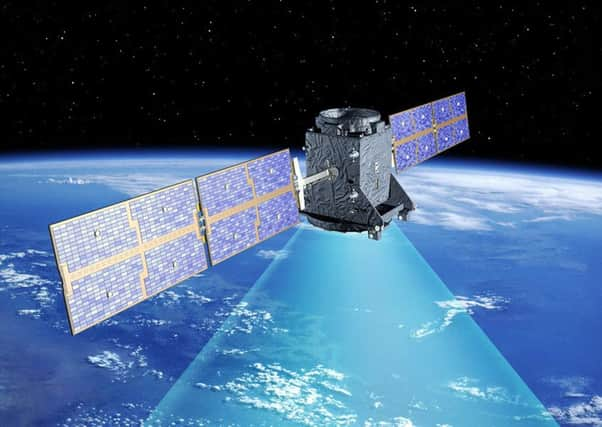University of Strathclyde to aid removal of satellites in space
This article contains affiliate links. We may earn a small commission on items purchased through this article, but that does not affect our editorial judgement.


The TeSeR - Technology for Self-Removal of Spacecraft - programme will carry out initial research for the development of a prototype cost-efficient, but highly-reliable removal module,
It is being led by Airbus Defence & Space, with funding from the European Commission,
Advertisement
Hide AdAdvertisement
Hide AdThe module will ensure the disposal of future spacecraft at the end of their nominal operational lifetime.
It may also function as a removal back-up in the event of loss of control of the spacecraft. The goal of this groundbreaking technology is to prevent the generation of space debris and so reduce the risk of collision with space debris.
The two-year project has received funding of more than € 2.8 million from the European Union.
Dr Malcolm Macdonald, director of the Strathclyde-based Scottish Centre of Excellence in Satellite Applications, is leading Strathclyde’s contribution to the project.
He said: “Satellites play a major role in our economy and in helping us to monitor our environment.
“However, they do have a finite working life and once this is over, they can become part of the major problem of space debris.
“The TeSeR project is exploring innovative solutions for clearing up space and reducing the risks presented by space debris.
“Strathclyde has extensive expertise in this field and we look forward to playing a significant role in this research.”
Advertisement
Hide AdAdvertisement
Hide Ad• Correction: An earlier version of this article inaccurately stated that the programme involved the University of Glasgow, rather than the University of Strathclyde.
DOWNLOAD THE SCOTSMAN APP ON ITUNES OR GOOGLE PLAY
